
- •1 Answer the following questions.
- •2 Decide whether the following statements are true or false.
- •3 Complete the sentence using your own ideas.
- •4 Agree or disagree with the following statements.
- •5 Skim through the text and find the synonyms of the following words.
- •6 Fill in the gaps with the words from the previous task.
- •7 Fill in the gaps with the following words
- •The importance of high productivity
- •Confusing words
- •2B. Choose the best word from the brackets to fill the gap.
- •1 Answer the following questions.
- •2 Match words on the left with their corresponding definition on the right.
- •3 Fill in the gaps using words from the previous task.
- •Pictures used in talking about Economics
- •Sizing up the good life
- •An intriguing, if unpopular, thought
- •A necessary evil
1 Answer the following questions.
1 What role did developing countries such as South Korea and China play in the sixties?
2 What is meant by “export fatalism” and “export fetishism”?
3 What does the term “export-led growth” mean?
4 How can current-account surpluses in the developing world be explained?
5 Which episode could possibly lead to America’s financial crisis?
6 According to Mr Roderik how should developing economies respond to the new changing environment?
7 Do exportables differ from exports?
8 Where should labour and investment be shifted to increase productivity?
9 How does a trade surplus appear?
10 What should policymakers do about their policies on Mr Rodrik’s recommendation?
2 Match words on the left with their corresponding definition on the right.
|
1 thwart /v/ |
A to make someone feel a strong emotion |
|
2 stir /v/ |
B not able to be avoided |
|
3 spur /v/ |
C tending |
|
4 rehabilitate /v/ |
D not trusted or respected |
|
5 disreputable /adj/ |
E to prevent someone from doing what they have planned to do |
|
6 prone /adj/ |
F to return something to a good or healthy condition |
|
7 fated /adj/ |
G to encourage |
3 Fill in the gaps using words from the previous task.
1 ______________ on by his supporters, he won the next three games easily.
2 The President's _____________ to exaggerate, that's for sure.
3 After 20 years in official disgrace, she's been __________________.
4 She says she was ________________ to become a prime-minister.
5 The case has _________________ great anger among the public.
6 Our plans for the adequate pension were ________________ by the government' social policy.
7 Some of the more ________________ newspapers made false claims about her private life.
VOCABULARY
Pictures used in talking about Economics
Pictures often help to make information clearer. This test introduces language used to describe pictures of economic data. Match the words below with the correct numbers in the pictures.

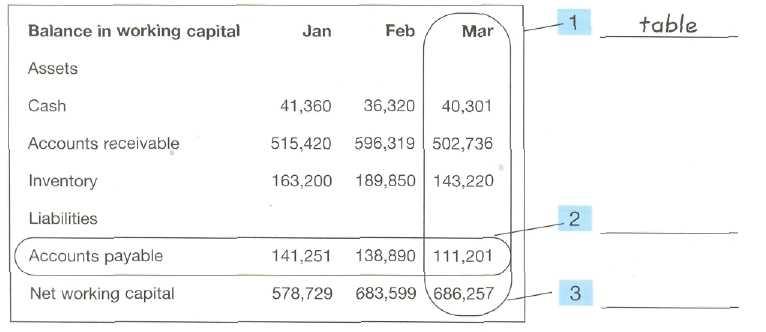
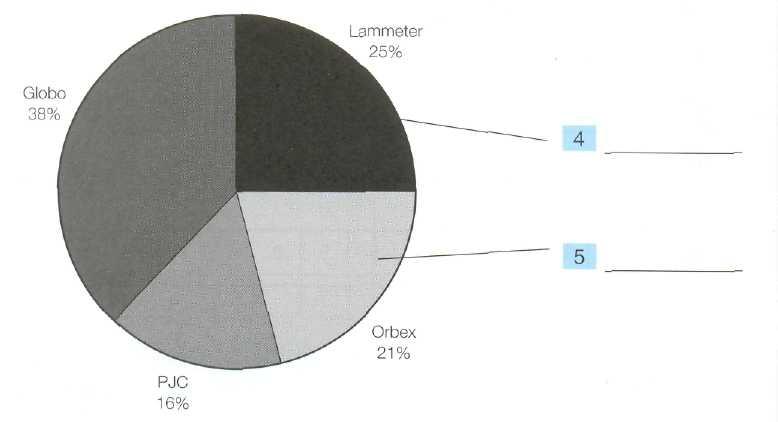
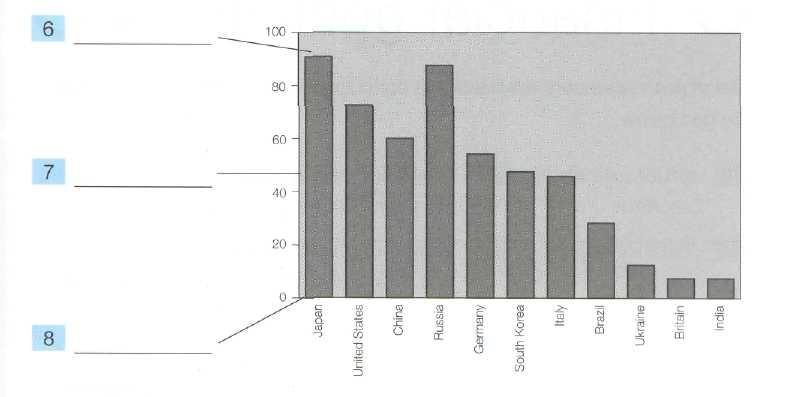
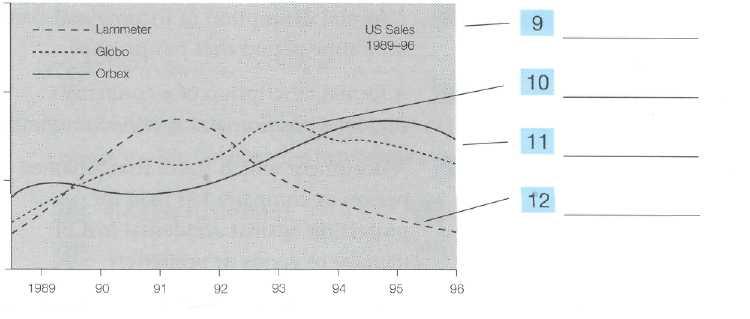
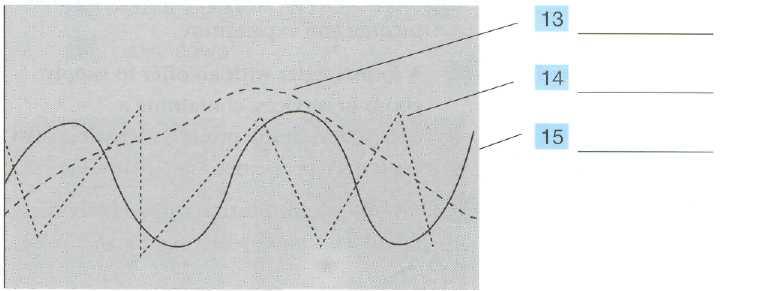
ADDITIONAL READING
MEASURING WHAT MATTERS1
Man does not live by GDP alone. A new report urges statisticians to capture what people do live by
H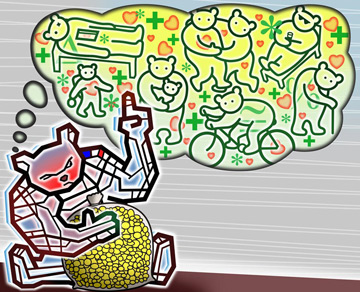 OW
well off are Americans? Frenchmen? Indians? Ghanaians? An economist’s
simplest answer is the gross domestic product, or GDP, per person of
each country. To help you compare the figures, he will convert them
into dollars, either at market exchange rates or (better) at
purchasing-power-parity rates, which allow for the cheapness of, say,
haircuts and taxi rides in poorer parts of the world.
OW
well off are Americans? Frenchmen? Indians? Ghanaians? An economist’s
simplest answer is the gross domestic product, or GDP, per person of
each country. To help you compare the figures, he will convert them
into dollars, either at market exchange rates or (better) at
purchasing-power-parity rates, which allow for the cheapness of, say,
haircuts and taxi rides in poorer parts of the world.
To be sure, this will give you a fair guide to material standards of living: the Americans and the French, on average, are much richer than Indians and Ghanaians. But you may suspect, and the economist should know, that this is not the whole truth. America’s GDP per head is higher than France’s, but the French spend less time at work, so are they really worse off? An Indian may be desperately poor and yet say he is happy; an American may be well fed yet fed up. GDP was designed to measure only the value of goods and services produced in a country, and it does not even do that precisely. How well off people feel also depends on things GDP does not capture, such as their health or whether they have a job. Environmentalists have long complained that GDP treats the despoliation of the planet as a plus (via the resulting economic output) rather than a minus (forests destroyed).
In recent years economists have therefore been looking at other measures of well-being—even “happiness”, a notion that it once seemed absurd to quantify. Among those convinced that official statisticians should join in is Nicolas Sarkozy, the French president. On September 14th a commission he appointed last year, comprising 25 prominent social scientists, five with Nobel prizes in economics, presented its findings. Joseph Stiglitz, the group’s chairman and one of the laureates, said the 292-page report was a call to abandon “GDP fetishism”. France’s national statistics agency, Mr Sarkozy declared, should broaden its purview.
The commission divided its work into three parts. The first deals with familiar criticisms of GDP as a measure of well-being. It takes no account of the depreciation of capital goods, and so overstates the value of production. Moreover, the value of production is based on market prices, but not everything has a price. The list of such things includes more than the environment. The worth of services not supplied through markets, such as state health care or education, owner-occupied housing or unpaid child care by parents, is “imputed”—estimated, using often rickety assumptions—or left out, even though private health care and schooling, renting and child-minding are directly measured.
The report also argues that official statisticians should concentrate on households’ incomes, consumption and wealth rather than total production. All these adjustments make a difference. In 2005, the commission found, France’s real GDP per person was 73% of America’s. But once government services, household production and leisure are added in, the gap narrows: French households had 87% of the adjusted income of their American counterparts. No wonder Mr Sarkozy is so keen.
